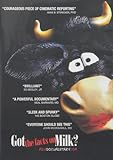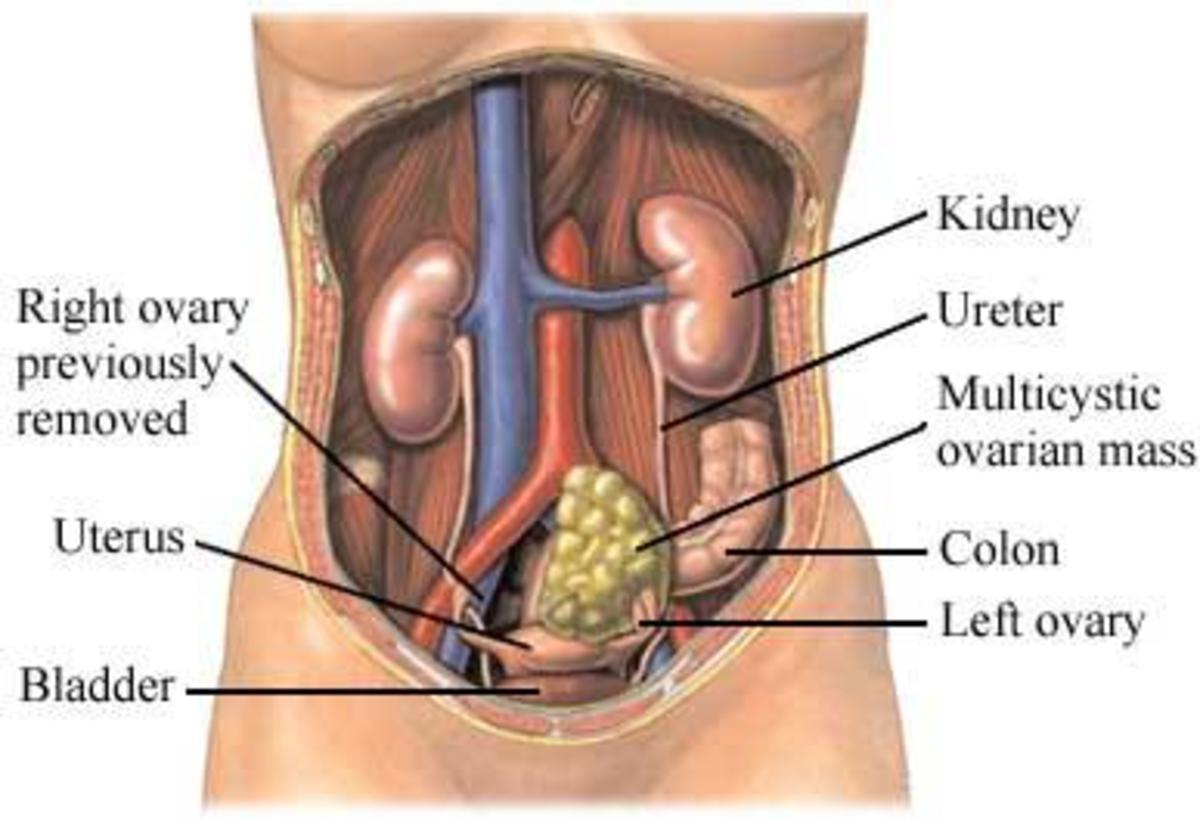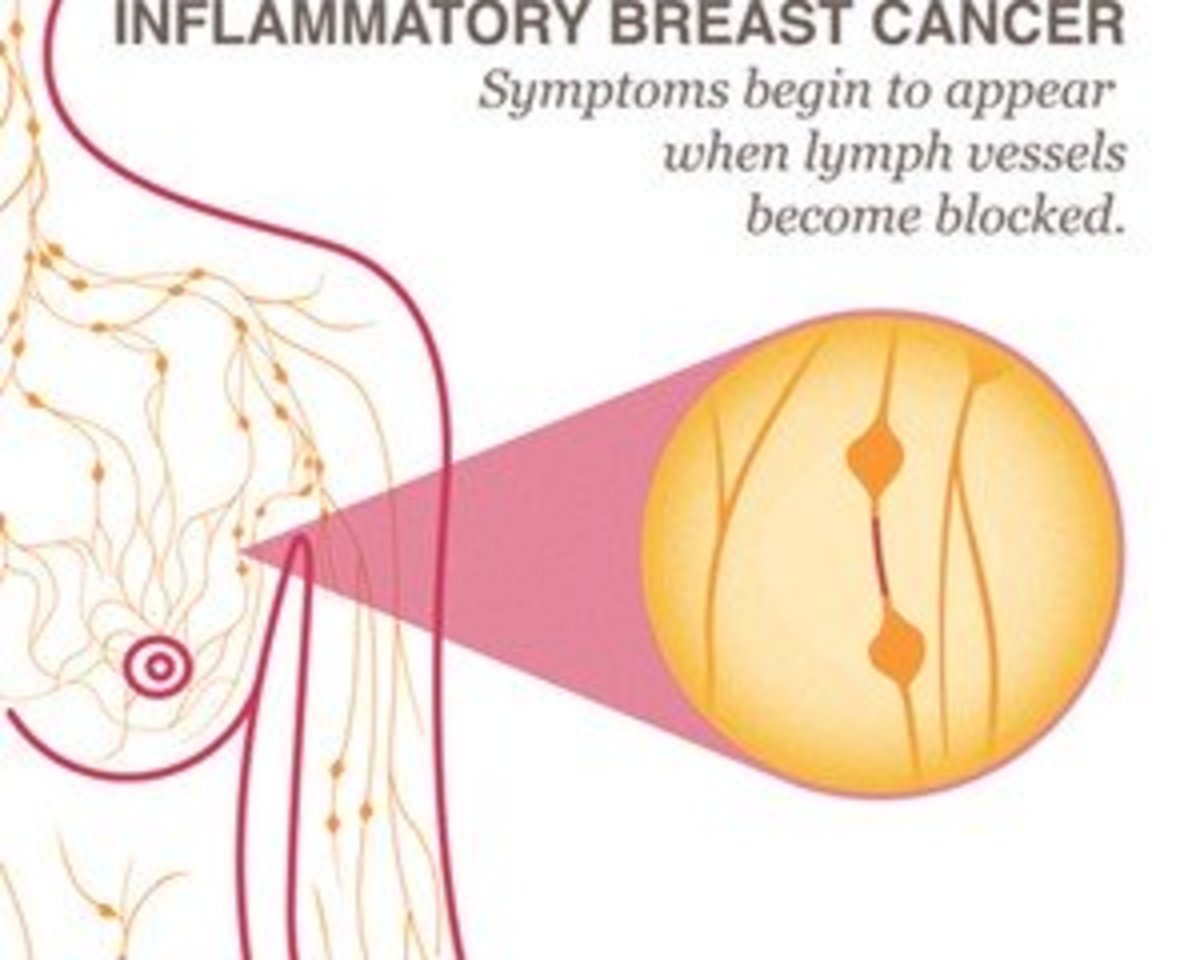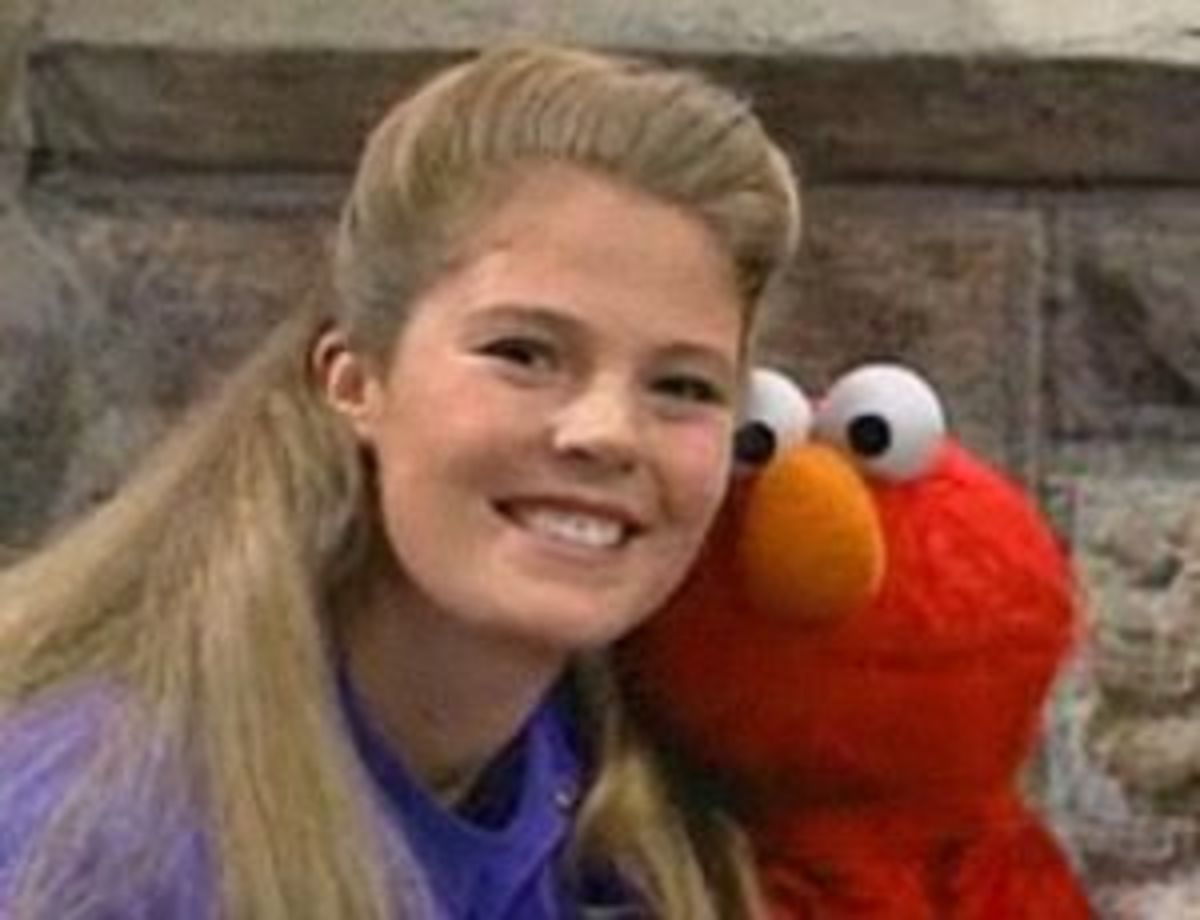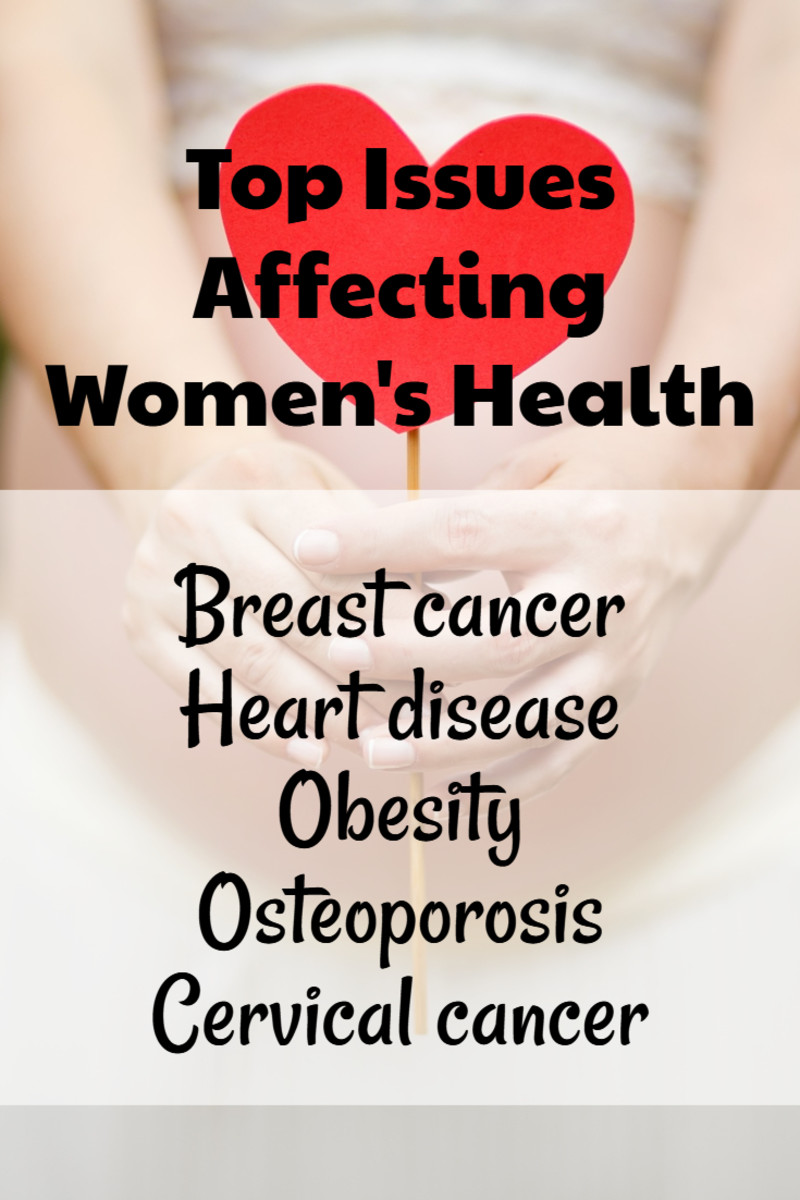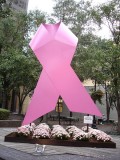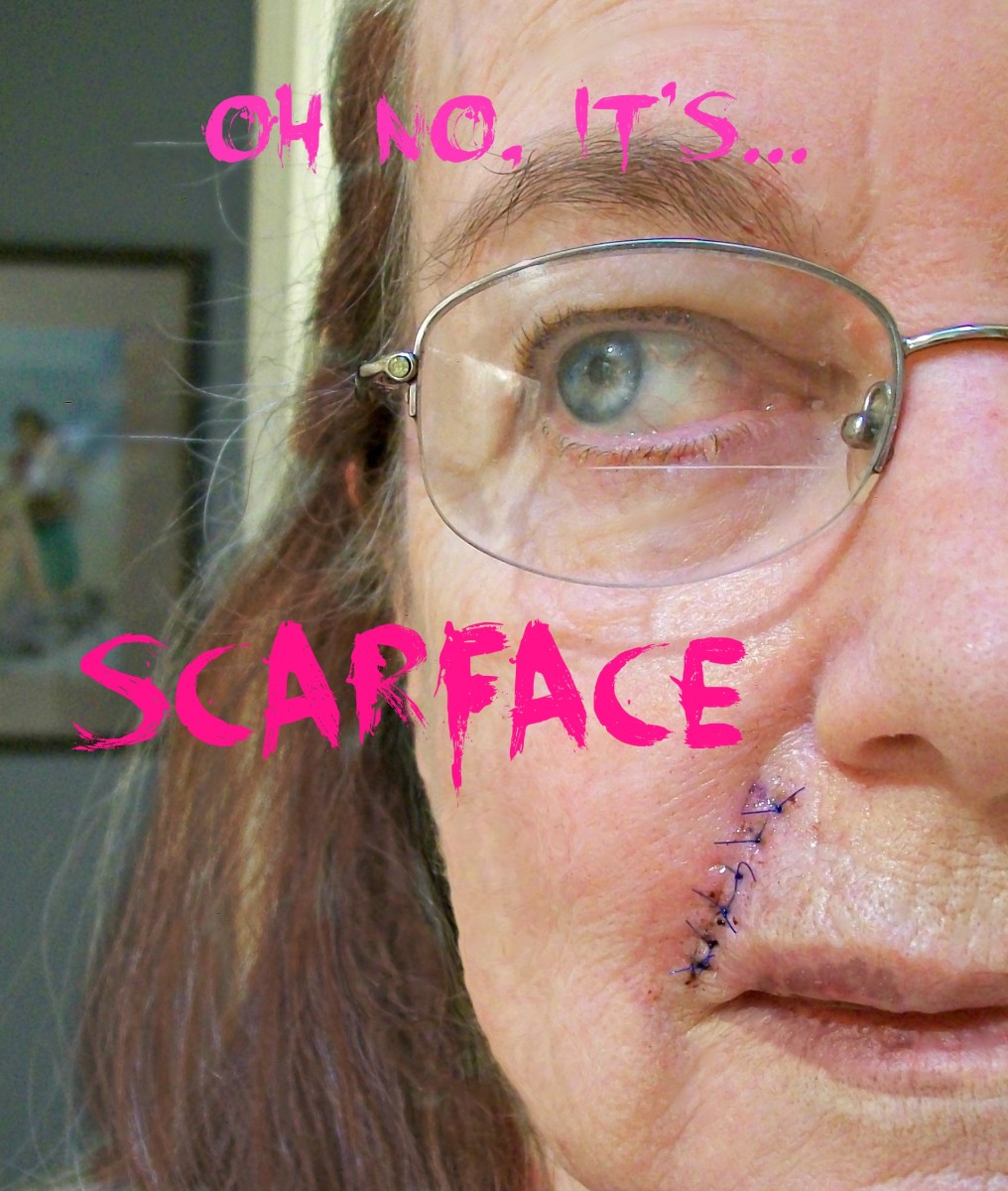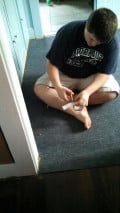Milk and Breast Cancer Link
One scientist battles breast cancer
There is some evidence dairy products may contribute to cancer. One study found increased survival in breast cancer patients who didn't drink milk.
____________________________
The story of Dr. Jane Plant, PhD. has appeared across the Internet. Women around the world can now read how she managed to escape a virtual death sentence.
In 1993, she was battling cancer. This was her fifth round with the disease and it clearly winning.
The cancer was spreading and a large tumor had appeared in her neck. Her oncologist thought she had only a couple months to live.
Fighting for her life, with two young children she didn't want to leave behind, Dr. Plant began to ponder why Chinese women didn't develop breast cancer at the same rate as women in the West. Except, that is, when they move from mainland China and begin eating Western food.
What was it about the Chinese lifestyle and culture that offered protection against breast cancer?
Dr. Plant, who lives in the United Kingdom, needed to find the answer to this question, and she needed to find it quickly, as her time on this earth appeared to be running out.
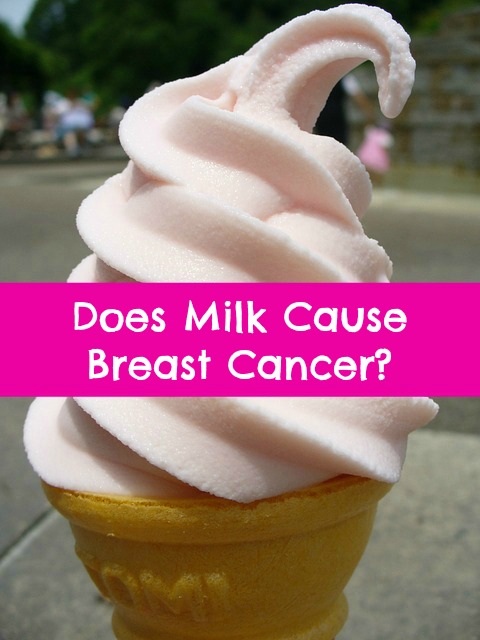
Two Scientific Minds, Working Together
A geo-chemist, Dr. Plant and her husband, also a scientist, believe they found the answer just in time.
Both were somewhat familiar with the typical Chinese diet. Dr. Plant's husband had worked in China, and she had met visiting Chinese scientists while working on a project.
This gave them something to go on. With their analytic minds, the husband and wife team hit upon a very lucky fact. Dairy products are generally not consumed as part of the traditional Chinese diet. The couple hypothesized that this is probably the reason breast cancer rarely strikes in strikes in China.
So Dr. Plant quickly adopted a dairy-free diet. Very quickly, the large tumor in her neck began to shrivel and then disappear. She's had no recurrence of the cancer, despite the fact more than two decades have passed since her original diagnosis.
Now she counsels other patients about the yet unproven, but compelling, link between milk and breast cancer. It's also been reported that she also steers clear of food products packaged in plastic, to avoid leaching from chemicals known to be endocrine disruptors, such as phthalates. (These chemicals are also found in many cosmetics.)
An epidemic of breast cancer in the West
One in eight women in the United States will eventually develop breast cancer, which carries an annual death toll of 40,000, according to the American Cancer Society. In 2011, about 240,000 women were diagnosed with the disease.
Standard treatments include disfiguring surgery, chemotherapy and radiation. The disease often returns and when that happens it's usually resistant to conventional therapies. An honest oncologist will tell you that chemotherapy, given at this point, is only done with the intention of easing symptoms and possibly buying a little more time, but even this is debatable. Chemotherapy will not cure metastatic breast cancer.
If dairy plays a role, and not drinking milk or eating cheese can save your life, it's hard to imagine someone battling breast cancer would not want to know about Dr. Plant's story.
Her account is backed up by The China Study, a landmark look into the lives of 50 rural Chinese families. Conducted in 1983, the study examined the health and eating habits of these families.
The authors now believe the lower incidence of breast cancer found in China is because women there eat less overall animal fat, including milk, Such a diet would mean lower levels of excess estrogen in their blood.
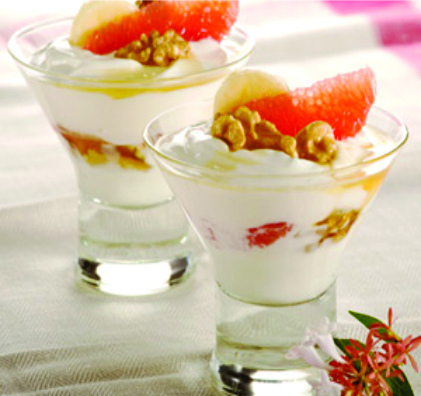
Read About Dr. Jane Plant's Anti-Cancer Lifestyle Here
DVD About the Health Hazards of Milk
Other research looks at milk and breast cancer
Dr. Plant is not the only voice pointing out the possible link between milk and breast cancer. A Kaiser Permanente Research study of 1,500 breast cancer patients found that those who consumed milk were 50 percent more likely to succumb to the disease than patients who stayed away from dairy.
A 2009 study published in the Dermato-Endocrinology journal concluded that acne, breast cancer and prostate cancer are linked to consumption of dairy products. The authors said this increased incidence is probably caused by Insulin-like Growth Factor (IGF-1) present in milk.
This protein is needed to make the body run smoothly. However, it also fosters growth of cells, including cancer cells. Glands that are sensitive and receptive to IGF-1 include the breast and prostate.
There is also concern that IGF-1 may increase with the addition of bovine growth hormones to the US milk supply may raise the amount of this protein in cow's milk. These hormones are not added to milk sold in the European Union.
On his website, integrative medical practitioner Dr. Andrew Weil, MD says there may be a link between milk and breast cancer, but results are not conclusive. However, he advises people with certain medical conditions, such as asthma and autoimmune disease, to think about staying away from milk.
Dr. Weil recommends only drinking organic milk, which doesn't contain added hormones, and also decreasing one's intake of diary.
Disclaimer: These statements have not been evaluated by the Food and Drug Administration (FDA). These products are not meant to diagnose‚ treat or cure any disease or medical condition. This article is only intended for information, and not medical or dietary advice. People with health or dietary concerns should discuss them with a medical professional.
Research on Milk and Breast Cancer
- Time To Take Milk Off The Menu? | Psychology Today
New study highlights breast cancer risk of dairy fat By Conner Middelmann-Whitney...
Disclosure
I am a participant in the Amazon Services LLC Associates Program, an affiliate advertising program designed to provide a means for sites to earn advertising fees by advertising and linking to amazon.com.



